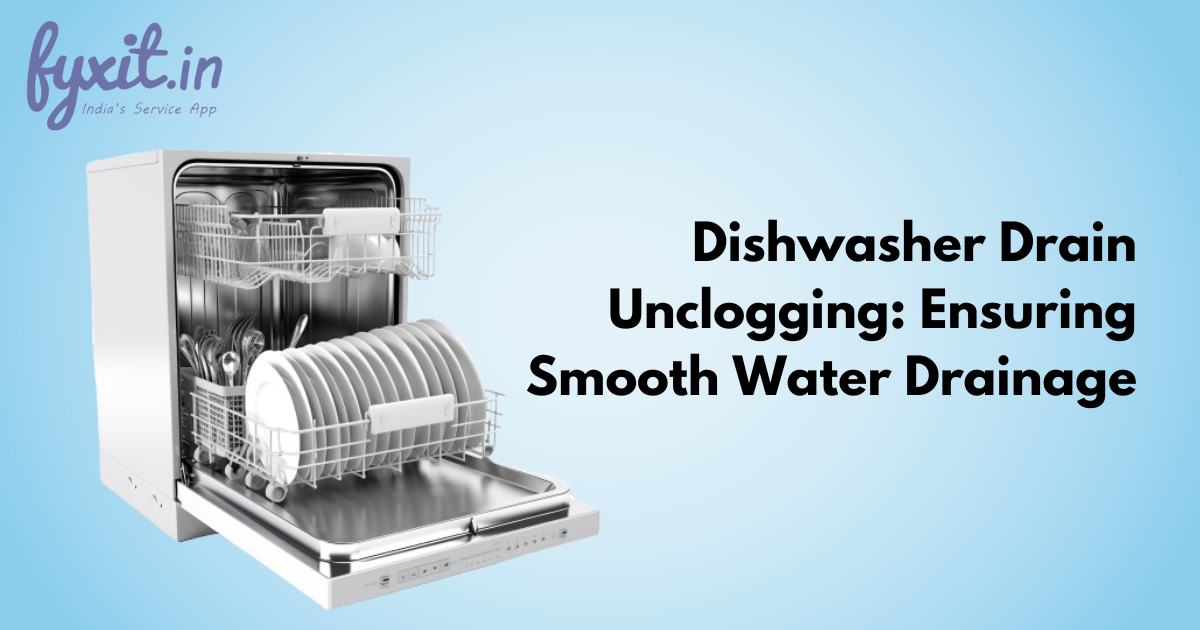Refrigerators have become an integral part of our daily lives, keeping our food fresh and beverages chilled. However, their constant operation can contribute significantly to energy consumption. With increasing environmental concerns and rising energy costs, manufacturers have been focusing on developing energy-efficient refrigeration technologies to minimize the environmental impact and help consumers save on their energy bills. Let’s explore the ways modern refrigerators are designed to conserve power while maintaining their essential cooling functions.
Highlights
- Advanced Insulation: Modern fridges use thin yet effective insulation materials that retain cold air, reduce heat transfer, and save energy.
- Efficient Compressor: Variable speed compressors adjust output based on cooling demands, consuming less energy and reducing wear.
- Precise Temperature Control: Advanced systems maintain consistent temperatures and offer independent zones, optimizing cooling and energy use.
- LED Lighting: LED lights are energy-efficient and emit minimal heat, replacing traditional incandescent bulbs.
- Smart Sensors and Adaptive Defrost: Sensors detect temperature changes, enabling adaptive defrost cycles that save energy.
- Door-In-Door Design: Some models feature smaller exterior doors to access frequently used items without losing much cold air.
- Energy Star Certification: Look for the Energy Star label, indicating appliances that meet strict energy efficiency guidelines.
- Vacuum Insulated Panels (VIPs): Premium models use VIPs for exceptional insulation, maintaining consistent temperatures with minimal energy use.
- Wi-Fi Connectivity and Smart Controls: Some fridges offer remote monitoring and temperature adjustment through smartphone apps.
- Right Size Selection: Choosing a size that suits your needs prevents energy wastage from either overloading or underutilizing the appliance.
Table of Contents
Advanced Insulation Materials
Modern refrigerators utilize advanced insulation materials that are not only more effective at retaining cold air but also thinner, allowing for more storage space while maintaining energy efficiency. These materials minimize heat transfer and reduce the workload on the refrigerator’s cooling system.
Efficient Compressor Technology
The compressor is the heart of a refrigerator’s cooling system. Newer models incorporate variable speed compressors that adjust their output based on the cooling demands. This means the compressor runs at lower speeds when cooling requirements are minimal, consuming less energy and reducing wear and tear.
Precise Temperature Control
Many modern refrigerators feature advanced temperature control systems that monitor and maintain consistent temperatures. Some even have independent temperature zones for different compartments, allowing you to optimize cooling for different types of food. This prevents unnecessary cooling cycles and ensures energy-efficient operation.
LED Lighting
Traditional incandescent bulbs used in older refrigerators not only consumed more energy but also emitted heat, making the refrigerator work harder to maintain its temperature. LED lighting has become the standard in modern refrigerators due to its energy efficiency and minimal heat output.
Smart Sensors and Adaptive Defrost
Smart sensors detect when the refrigerator’s interior temperature rises due to door openings or external factors. Modern fridges use adaptive defrosting systems that defrost only when needed, minimizing energy consumption and preventing unnecessary cooling cycles.
Door-In-Door Design
Some refrigerators now offer a “door-in-door” feature, where a smaller exterior door allows access to frequently used items without fully opening the main door. This design reduces cold air loss and maintains temperature more effectively.
Energy Star Certification
Energy Star is a widely recognized certification program that identifies energy-efficient appliances. Modern refrigerators with Energy Star certification meet stringent energy efficiency standards, indicating that they consume less energy and have a lower environmental impact.
Look for the Energy Star label when shopping for a new refrigerator. Energy Star-certified appliances meet strict energy efficiency guidelines set by the Environmental Protection Agency (EPA) and the Department of Energy (DOE).
Vacuum Insulated Panels (VIPs)
In premium refrigerator models, manufacturers are integrating vacuum insulated panels into the design. These panels provide exceptional insulation, reducing heat transfer and maintaining consistent temperatures with minimal energy usage.
Wi-Fi Connectivity and Smart Controls
Some modern refrigerators are equipped with Wi-Fi connectivity and smartphone apps. This allows you to monitor and adjust temperature settings remotely, ensuring optimal energy usage even when you’re not at home.
Choosing the Right Size
Selecting a refrigerator size that suits your needs can also contribute to energy efficiency. A fridge that is too large for your requirements will consume unnecessary energy to cool empty spaces. Conversely, an undersized fridge may lead to overcrowding and hinder proper air circulation.
Modern refrigerators have come a long way in terms of energy efficiency, incorporating innovative technologies that reduce energy consumption while maintaining excellent cooling performance. From advanced insulation materials and efficient compressor technology to smart sensors and LED lighting, these features collectively contribute to significant energy savings over the lifespan of the appliance. When shopping for a new refrigerator, look for Energy Star-certified models and consider the various technological advancements that enhance energy efficiency, helping you make an environmentally conscious choice while enjoying the convenience of a well-chilled and fresh food storage solution.



